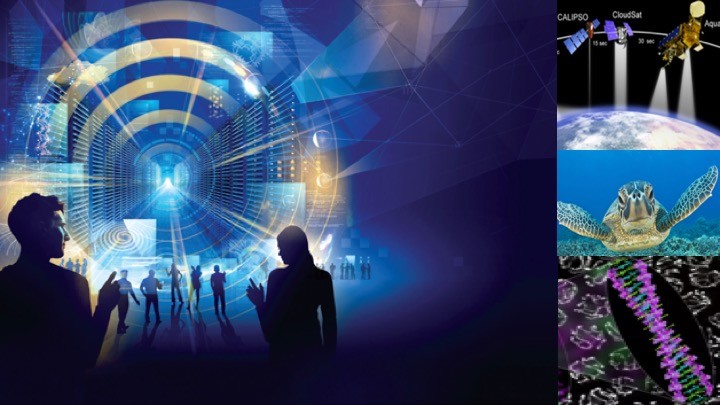|
70 years ago the Universal Declaration of Human Rights adopted the right of all to share in scientific advances. How is it working out? Seventy years ago, the UN General Assembly adopted and proclaimed the Universal Declaration of Human Rights (UDHR). Article 27 enshrines the universal right to science: Everyone has the right to share in scientific advancement and its benefits*
Many scientists are unaware that UDHR singles out science. But most would agree that sharing science is part of their work. Publishing peer-reviewed articles and contributing to the review process is embedded in our training and is an expectation. But we live in a world of inequalities, on a planet in jeopardy, where unprecedented scientific progress is pitted against political attacks on findings. It’s time for a hard look at science as a human right. Right and Duty The right to share in scientific advances and benefits does not stand alone. It demands duty and responsibility.
Science through the UDHR lens Society has generally viewed science as the pursuit of knowledge by scientists and the use of that knowledge by others. “Others” include governments and the private sector Those roles blur, and not necessarily in the most effective ways. Climate change is a stark example. In the US, scientific results are now at odds with the Administration’s policy. Last week, the White House summarily dismissed a landmark analysis compiled by 13 federal agencies. The National Climate Assessment report found that that climate change poses a severe threat to the health of Americans as well as to the nation’s infrastructure, economy and natural resources. Recent losses have included $33billion in agricultural and transportation losses in America’s Heartland during the 2012 droughts, and $17billion in electricity infrastructure in Puerto Rico during the 2017 hurricanes. Scientists, fearing for the fate of the planet and its people, are increasingly shouldering the responsibility for sharing findings and for promoting the use of scientific analysis and facts. They are necessarily becoming advocates for science and for action. But governments face tough decisions. The US federal science program has resulted in tremendous advances through agencies like NASA where satellite technology has saved lives through forecasting and responding to extreme events. The NIH has transformed medical understanding and treatments. How much data should the US freely share and especially with countries that have few resources to allocate to science? How does the US balance the release of knowledge against other interests of its citizens or against considerations of national security? How do we balance the right to sharing in scientific advances against intellectual property rights and address the tensions between private sector R&D and philanthropically-driven science? The private sector has responsibilities to its shareholders. The doctrine of corporate responsibility seeks to address societal responsibilities but has not gone far enough to provide a coherent or widely adopted approach. It can fall to foundations created by private sector leaders to assume responsibility for the human rights dimension. The Bill and Melinda Gates Foundation supports access to and benefits from scientific advances by implementing the studies and programs that reduce diseases in developing nations. Scientific and governmental bodies have been exploring these issues, and they are a major topic in academia. In 2010, the American Society for the Advancement of Science recognized the human rights dimension as fundamental to its mission and began engaging scientists in defining these rights. In 2005, UNESCO began a process for defining the right to science and in 2018 released a list of 28 questions related to addressing the right to science. But clearly completing these tasks is proving to be challenging. The UDHR was adopted three years after the atomic bombing of Japan that ended World War II. The use of science in that process is still vigorously debated. The ethical responsibility of scientists in fields such as molecular biology, biodiversity, cloning, and AI is a thorny topic. Science, if acted upon through the UDHR framework, will demand responsibility from all levels and sectors as well as vigilance and action. It is time for a more coherent understanding of what that means, what we can agree upon, and what actions we must all take together. *UNDHR Article 27: Right to participate in cultural life. “Everyone has the right freely to participate in the cultural life of the community, to enjoy the arts and to share in scientific advancement and its benefits.”
0 Comments
Leave a Reply. |
AuthorDeborah Brosnan Archives
December 2019
|


 RSS Feed
RSS Feed